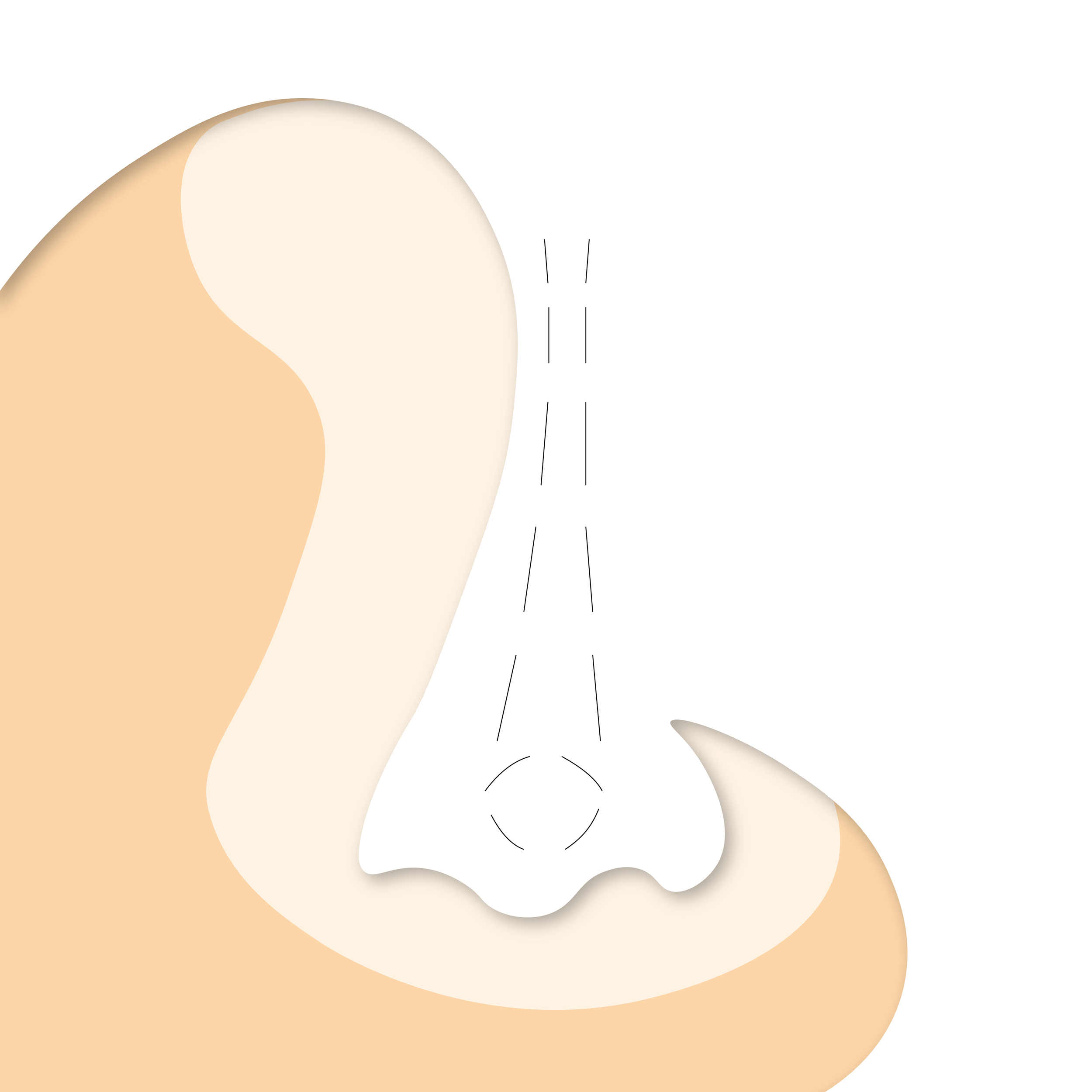Defining ‘Home’ in Asia America
An important piece about APIDA belonging written by our Programming Director, Joshua Lu.
Written June 1, 2020
Preface: The Issue is Black and White
The past week has been eventful, to say the least. I wrote this brief piece amidst the unsettling, racially-targeted wave of hate crimes targeted against Asian Pacific Islander Desi American (APIDA) individuals, largely due to an unfounded, flagrantly racist association between race and COVID-19. But presently, with the murders of unarmed black individuals by law officials, a national conflagration of anger and passion has ignited in pursuit of justice for George. For Breonna. For Ahmaud. For the countless victims throughout generations of racial injustice and inequity.
I realize, now more than ever, that this issue is black and white.
Don’t get me wrong. I do not mean to suggest that all white people are racist. Nor do I intend to affirm that other minorities don’t face discrimination. But rather that there is an irrefutable truth that we live in a nation founded and built by the principles of racial hierarchy. That through centuries of our racial history, from the trans-Atlantic slave trade to gentrification and racially predetermined social stratification, we haven’t fully addressed nor healed from the hate that persists and remains rooted in the very foundation on which we have built this place we call home. As a community that does not fall within the explicit bounds of black and white, we have a choice. Do we remain quiet, passive, and permissive in face of injustice? Or have we already lost our sense of humanity, inebriated by false promises of belonging if only we play by the rules?
Let’s not get drunk on our privilege and see racism as it is. In failing to stand with the black community, we give into the very systems that threaten our freedoms. We remain complicit to white supremacy, to the idea that one deserves to live in fear when confronted by law authorities. Deserves to have less opportunity or feel alienated by the color of their skin. Deserves to be segregated in lower socioeconomic classes with limited prospects of social mobility. Deserves to go on a run only to be chased, shot, and killed. Deserves to have to ask — no, beg — to even breathe.
While this piece is largely APIDA-focused, I do not intend to ignore the tragedies that the black community is currently facing. But I do believe that the insights offered about our history with racial injustice and collectivist culture remains pertinent in the conversation on what comes next.
This is more than just protests and riots and looting. More than just a wave of sympathetic posts on social media and performative solidarity. More than just signed petitions and fundraisers. These things are simply wrappings around a larger wound that is the very way we see race. The very way we have internalized who is of value in society. And presently, it has become increasingly clear to us that we can’t stay still. So, to the Black community, we grieve with you. We stand with you. And we fight with you.
Graphics created by Joshua Lu
Written May 12, 2020
The Boiling Point
First thing’s first.
Hello, how are you? Yes, you.
As I’m writing this, from the safety of my home, I’d first like to acknowledge my privilege. I have a house. I have access to stable internet. I have the liberty to take my classes online with relatively little distractions. So, as I share my thoughts on this current crisis, I fully understand that, for some, there are more pressing issues, whether that be in the form of financial burdens or genuine health concerns.
Yet, given this time to think and reflect, I’ve felt the need to record these thoughts, at least for my future’s sake. More often than not, I find myself brooding — not solely because of the novel arrival of Asian killer hornets nor the irrational improperly socially-distanced social-distance protests (that was a mouthful), but rather in response to the state of racism in the United States. As I consume media, reading about countless incidents of hate directed at Asian-Americans, of assault and battery and racial slurs, I can hardly recognize this place I once called Home, this place I’d lived all my life, never once questioning whether I truly belonged. Was it all an illusion? Had I somehow remained complicit in perpetuating stereotypes, in allowing these pernicious racial sentiments to thrive and multiply? And I can’t help but think — what do we do when this is all over?
If you’ve come across any “uplifting” quarantine news (yes, including WeChat gossip), xenophobic remarks and blatant assaults against Asian Pacific Islander Desi American (APIDA)-identifying individuals have become increasingly prevalent. Just as the model-minority myth and other exclusionary cultural conceptions have sought to set apart the APIDA community from an established norm, rampant ignorance about coronavirus has encouraged the “otherization” of all people who look “Asian.” Driven by unsubstantiated rumors and racial profiling, Asian businesses have suffered immensely, further aggravated by bigotry and insensitive demarkation of this disease as the “Chinese Virus” or the “Kung Flu.” Though many reported cases have been framed in the context of COVID-19, they have only uncovered prevailing, deep-seated discriminatory sentiments against the APIDA community.
Asian American journalists, advocacy groups, and leaders were quick to respond in both calling out racism (using #HateIsAVirus) and exposing the history of APA racial abuse and exclusion often glossed over in our public school textbooks and curriculum. Our very own Jessica Kim authored a blogpost recounting her experience with xenophobia and strongly reaffirming APIDA belonging at USC. And a couple weeks ago, 88 Rising held a virtual festival fundraiser for Asian Americans Advancing Justice, a non-profit legal aid and civil rights organization dedicated to advocating for civil rights of APIDA communities. After centuries of silence, seeing coverage and discussion is certainly refreshing — and entirely necessary.
The Bubble
This mass mobilization and vocalization against injustice has completely altered the way I engage in racial discourse; as someone heavily engaged in the APIDA community at USC, I have started to recognize my past complacencies and see my future aspirations through the lens of the coronavirus, namely how societal expectations and self-imposed restrictions (on the basis of my racial social standing) have largely influenced my idea of achievement and success.
Over this season of quarantine, the Christian fellowship I regularly attend, the Asian American Christian Fellowship, hosted a Zoom conference with Pastor Chris Fukagawa from Little Tokyo’s City Bible Church to speak on the intersectionality of Asian Americans and Christianity. As the name of my fellowship suggests, we were all APIDA-identifying individuals, primarily from suburban, middle-class Christian families, attending predominantly East Asian churches near USC. Now, there is nothing inherently wrong with ethnically homogenous churches (rather, quite the contrary — they have special access to provide community for minority groups, allowing for rich interpersonal connections on both cultural and spiritual fronts). However, Pastor Chris argued that to exclusively cloister oneself in such a comfortable, culturally-safe, and insulated environment yields its own poison — complacency.
In Asian American churches, heavily influenced by Eastern ideals of collectivism and a culture of shame and honor, a desire to please others and inherent striving for stability has often hindered me from taking risks, not just in sharing my faith with others (as per the Great Commission) but in pursuing interests or ideals in fear of “rocking the boat.” Consequently, I’ve often felt that my life had already been written, that I was destined to go to college, to find a job, to purchase a home in the suburbs, to have a family, and to indoctrinate the next generation in humble submission to formulaic “success” in America. I am most certainly not attempting to generalize the entire APIDA population, which is extremely diverse in ethnicity, culture, and sect. Rather, I can’t help but draw parallels between my Asian-centric church upbringing with the greater microcosm of “Asia America.”
As APIDA individuals, in some form or another, we’ve most definitely encountered expectations of academic and economic success (most densely directed in the STEM fields), often referenced as the model minority myth, or the irrational equating of race with intelligence and socioeconomic status. There have been incremental but pertinent victories in breaking such stereotypes through an increased APIDA representation in media and the de-stigmatization of pursuing non-STEM occupations. And with breakout political figures such as Andrew Yang, we’ve more than established an active presence in most if not all professions. However, even given these advancements, has our perception of success profoundly shifted? Or, simply evolved into a less recognizable, more palatable myth?
The Burst
But haven’t we finally penetrated seemingly impregnable industries? Isn’t the exponential growth of representation a veritable sign of social progression (not to mention high-achieving individuals such as soon-to-be-astronaut Dr. Jonny Kim, someone who we will be eternally compared to in our Asian households)?
In short, we’ve performed. We’ve performed well. Strived for excellence. Owned businesses, became physicians, won Golden Globes, built Silicon Valley, and shared our music and culture and cuisine. But have we truly achieved the elusive “American Dream”?
For many, financial security is a venerable and commendable feat; especially for first-generation immigrants, attaining the “American Dream” inevitably requires sacrifice and thick skin — survival is more of an instinct than a burden. But as the very definition of “American” comes into question, especially in an age of rising hypernationalism, anti-immigrant sentiments, and white supremacy, the coronavirus has only exposed that neither achievements nor accolades can confer a true sense of belonging. We've bought into the idea that proving ourselves by meeting a standard of success will establish our credibility — no, our argument — for living here. That we must “bend ourselves to a shape American can accept,” else face ejection from affluent, white society (I Become a Person of Suspicion). My idea of stability and path to success only contributed to the maintenance of the status quo of race, an appeasement to the gatekeepers that, given reason, could choose our fate, spit in our eyes, and tell us to “go back to your country.” So what did we do? We tried to change our appearance. We “rebranded” ourselves, packaged Chinese-American cuisine as authentically Chinese (albeit I still love Panda Express), and even altered our physical features through plastic surgery to acquire more desirable “Western” features.
Nonetheless, we can never truly escape from our racial identity if “foreigner” is written on our very faces.
Back to the Beginning
So, what can we do?
If I’d learned anything from high school physics, with every action, there is an equal and opposite reaction. These past months, we have reacted accordingly, reaffirming our belonging, fighting against hate, and exposing racism. Yet, after this virus passes, entropy will inevitably scatter this unity we now feel, and tempt us to restore normality. And though finding stability and rekindling relationships will be of utmost importance, we must emerge not only from quarantine, but also from a hibernation of complacency and meekness that has so poignantly shaped our past.
We each have a story. We each have an invaluable identity. Though ignorance will surely persist, through calling out racism and actively seeking to share our stories of struggle and shame, we can stand as a generation that seeks to redefine not just what the APIDA identity consists of, but what it truly means to be American in this place we call Home.
Resources
Check out Jessica’s Resource Guide to support students still in California.
Join Subtle Asian Quarantine, a Facebook group a fellow intern, Abida, and I created to not only spotlight the harsh reality of COVID-19 on the Asian community but also provide a platform for Asians to find community.



